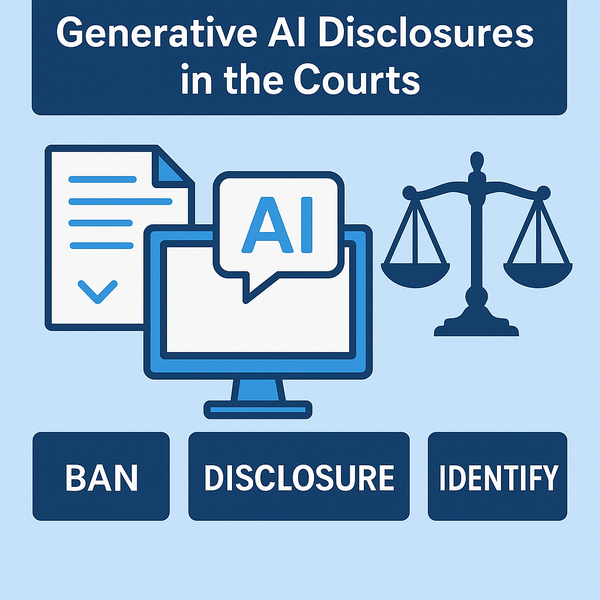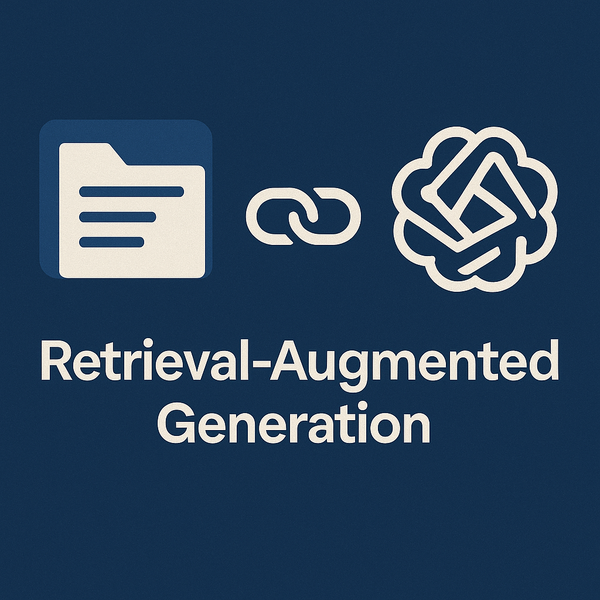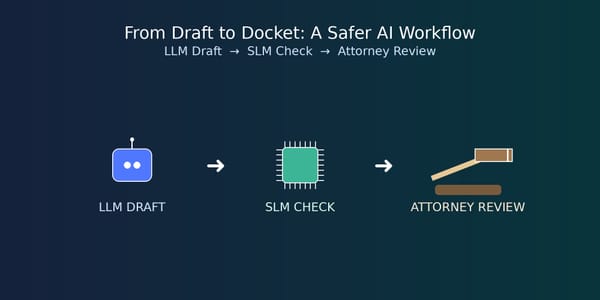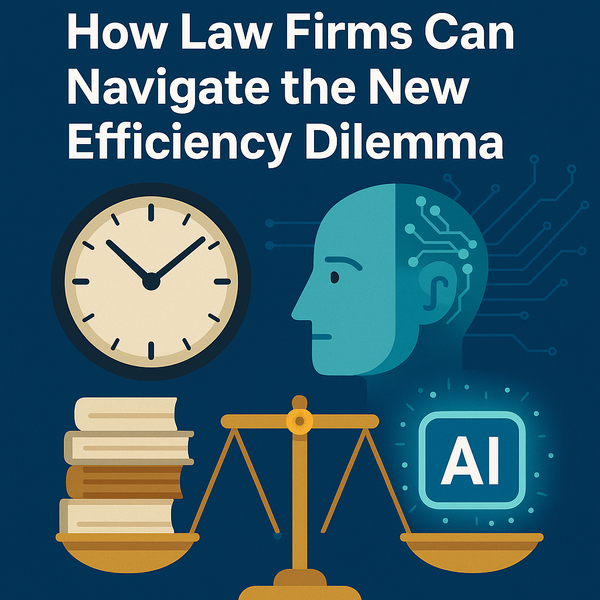Arizona’s ABS Rules Just Met Their AI Moment
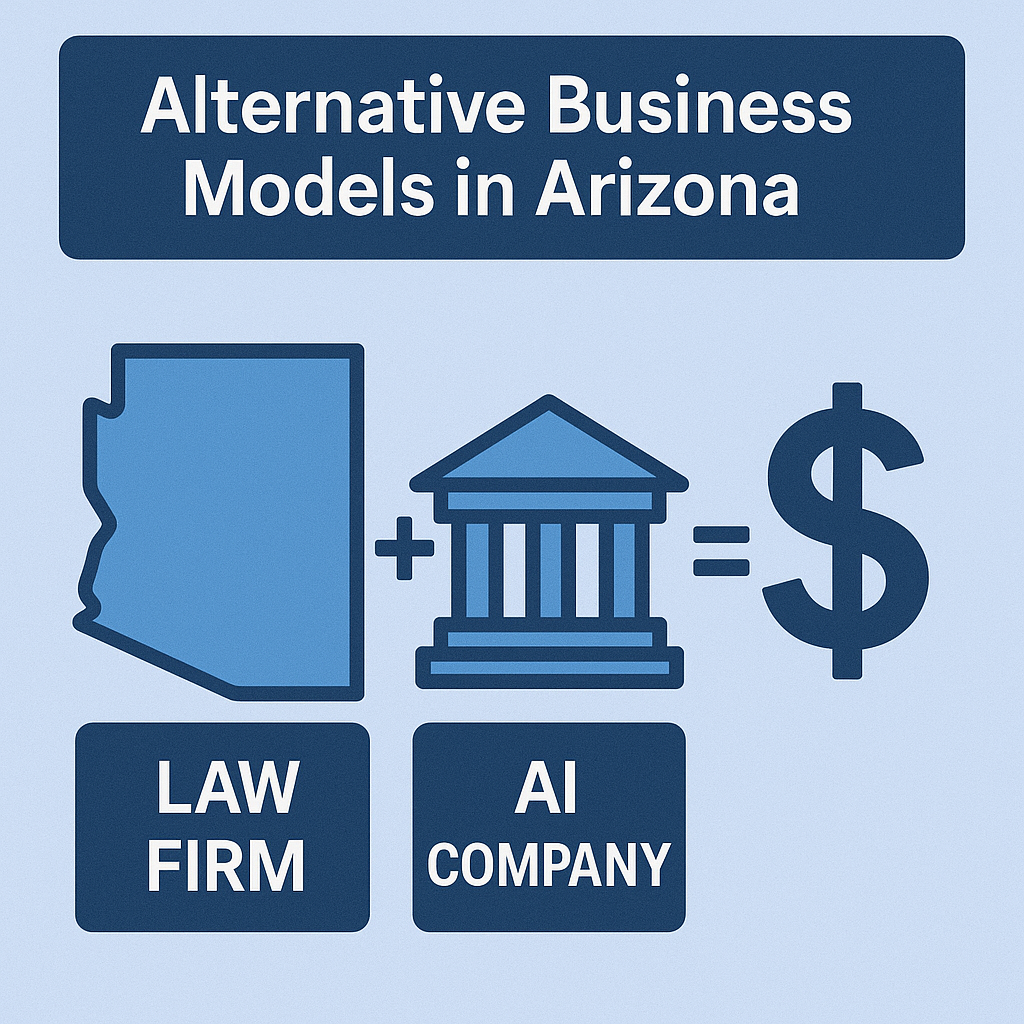
If you’ve been watching Arizona’s experiment with non‑lawyer firm ownership, you know it isn’t new—but it just got a lot more interesting for anyone building legal tech. Arizona’s Alternative Business Structure (ABS) regime permanently removed the old fee‑sharing/ownership barrier and lets non‑lawyers co‑own firms—so long as the entity is licensed and follows the state’s rules. The change took effect January 1, 2021.
Earlier this year, the Arizona Supreme Court approved Eudia Counsel, LLC, a law firm affiliated with AI startup Eudia, under the ABS program. The firm is an “AI‑augmented” firm focused on corporate work like contracting and M&A diligence.
Arizona is drawing serious entrants to this new world of firm ownership. Earlier this year, the Court approved KPMG Law US, LLC to operate as an ABS—and, notably, conditioned the license to avoid legal services for KPMG audit clients.
And this isn’t a one‑off. As of December 31, 2024, Arizona had 114 active ABS licensees across traditional firms, non‑law firm businesses, and nonprofits. It’s a real market now, not a thought experiment.
What Arizona Actually Allows (in plain English)
Under Arizona’s framework, an ABS is a legal‑services business that may include non‑lawyers as owners or decision‑makers, but it must still deliver legal services in line with Supreme Court Rules 31 and 31.1(c) (i.e., only lawyers and authorized legal professionals actually practice law). Each ABS must designate a Compliance Lawyer—an Arizona lawyer responsible for ensuring the entity meets ethical and regulatory obligations—and that position comes with explicit duties, including reporting and semi‑annual compliance work.
One detail developers should love: Arizona defines “economic interest” broadly to include revenue or profit‑based payments for the use of property—explicitly including software and other intangible IP. That means properly structured revenue sharing tied to the firm’s use of your models or tools is contemplated in the rule text.
The Court is also using license conditions to keep tech‑enabled firms from straying from the guidelines. For example, Eudia’s order requires the Compliance Lawyer to conduct semi‑annual internal audits and retain written findings; KPMG’s order imposed similar audit obligations and a conflict wall for audit clients. Expect these kinds of conditions whenever AI is core to service delivery.
Why This Matters Now—Especially for AI Builders
Arizona is the first and (so far) only U.S. state to make this ownership reform permanent statewide; Utah pursued a pilot “sandbox” and has recently tightened participation, while states like Washington are launching pilot programs. Translation: Arizona is the most straightforward place in the U.S. to marry legal services and productized AI under one roof—and to share in the upside.
Creative Plays Technologists Can Run Inside an ABS
Here are practical, lawyer‑friendly ways developers can participate as owners rather than just vendors:
- Productized legal “co‑pilots” with outcome accountability. Build a matter‑specific AI (e.g., commercial contracting, M&A diligence, employment policies) that the firm deploys with human‑in‑the‑loop review. Pair it with success‑based or risk‑tiered pricing the firm can actually offer because you share in the economics.
- Usage‑based pricing aligned to model costs. Instead of selling seats, design a fee model that maps tokens/time saved to client value—delivered as legal services by the firm, billed under alternative fee arrangements you help structure.
- “Embedded counsel” in SaaS. Ship a secure API so clients can push data (contracts, logs, HR files) to the firm for triage, clean‑room analysis, and lawyer sign‑off—without ever emailing a document.
- Model Ops as legal risk management. Stand up a “model vault” run by the ABS: versioning, bias/traceability reports, red‑team logs, and legal opinions on acceptable use. Your role is to instrument the platform; lawyers sign off on risk thresholds.
- Live playbooks and dynamic standards. Turn static compliance manuals into executable checklists connected to the model and to the firm’s work product—so every click writes to a defensible audit trail for the Compliance Lawyer.
- Data collaboratives under privilege. With proper engagement letters and safeguards, the firm can curate client data into privacy‑preserving training sets, improving your models while respecting confidentiality and professional duties.
- AI‑accelerated alt‑fee boutiques. Use predictive analytics to scope matters, then let the firm quote fixed or subscription pricing with confidence. Developers can share in the upside via the ABS ownership and approved revenue‑sharing.
Guardrails Lawyers Will Care About
- Independence and professional judgment. Tech owners cannot pressure lawyers to cut corners; governance must preserve lawyer independence. Arizona screens governance, background, and fitness of Authorized Persons and can audit ABS entities.
- The Compliance Lawyer is central. Budget time for semi‑annual audits, policies, and reporting duties. Treat this like safety engineering for the model—only it’s legal ethics and consumer protection.
- Confidentiality and data custody. Client data flowing through any tools remains subject to confidentiality; build technical controls (segmentation, logging, retention policies) to match.
- Conflicts and multi‑disciplinary entanglements. The Court may impose bespoke conditions; KPMG’s order barring services to audit clients is a good example of how conflict management can be memorialized in the license.
- Scope of practice and geography. The ABS license does not let non‑lawyers practice law; only lawyers and authorized legal professionals do that. Cross‑border work still requires attention to where lawyers are admitted and what the matter involves.
Bottom Line
Arizona has built the only permanent on‑ramp in the U.S. for co‑owned, tech‑forward law firms. With Eudia Counsel’s approval, the Court is signaling that AI‑native models are welcome—if they come with serious compliance muscle. For developers, that means you no longer have to stop at “selling software.” You can own part of a firm that monetizes your work, shape how legal services are delivered, and share in the value you help create.

